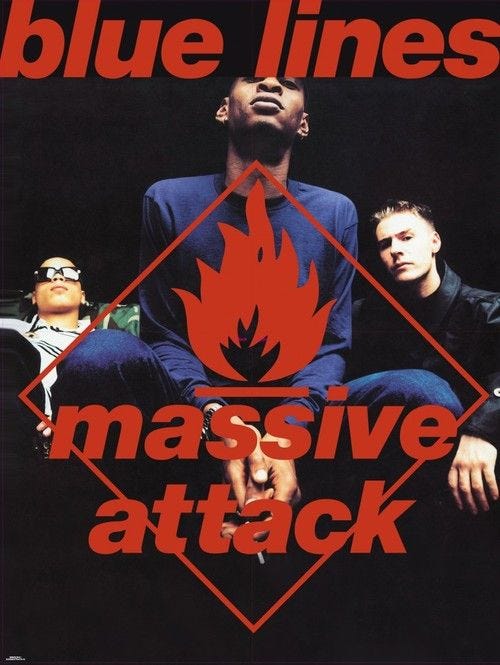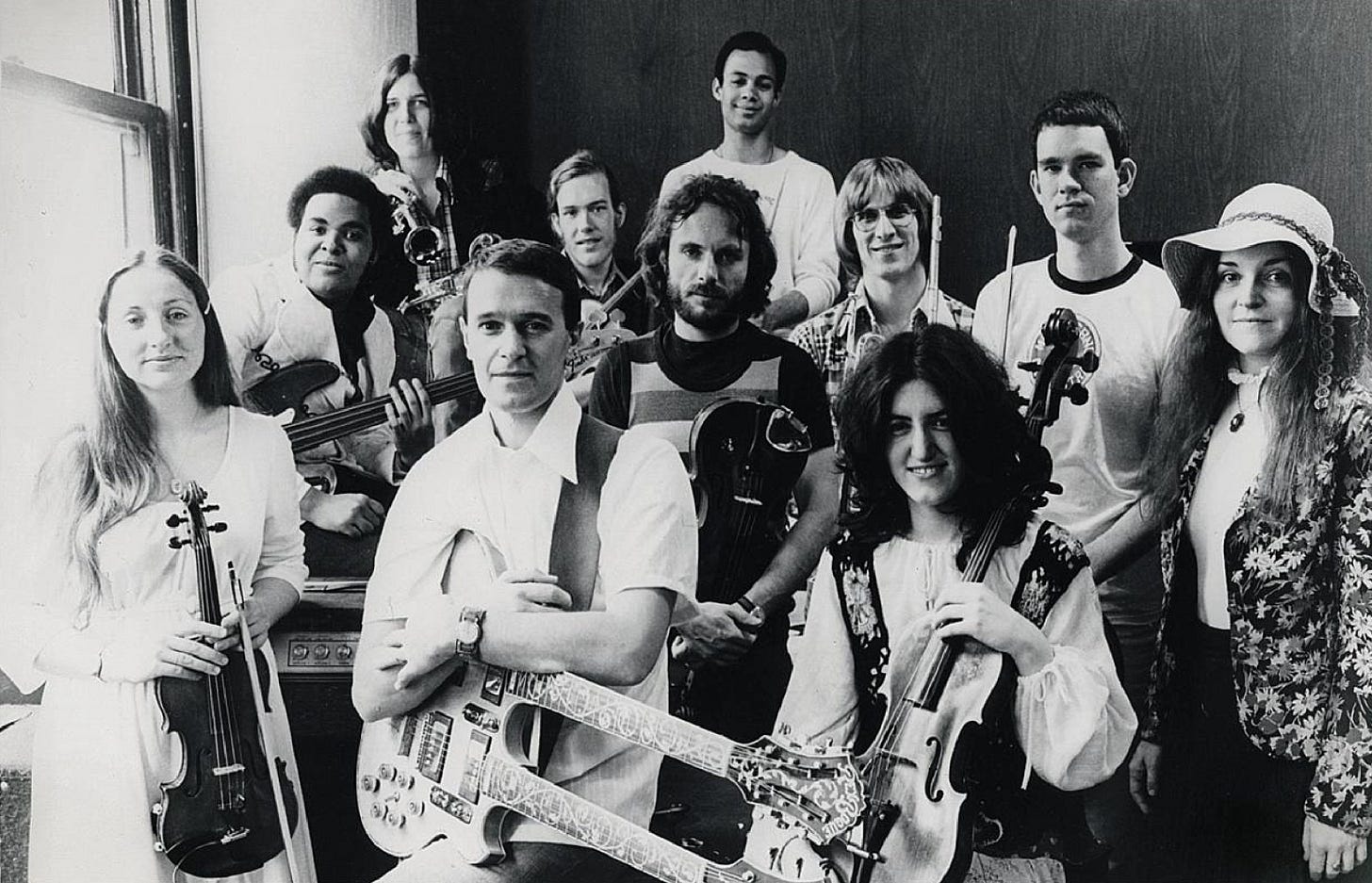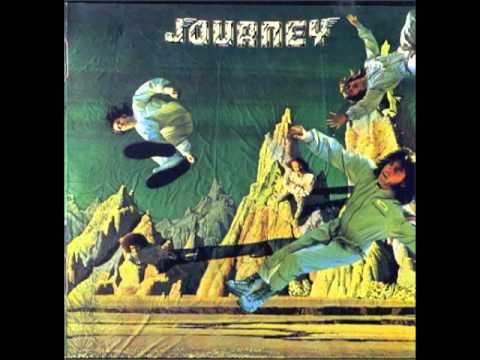Tune Tag #59 with Rich Headland of "Record Shop Stories": The Specials, Billy Cobham, Mahavishnu, Massive Attack, Jellyfish, Young Gun Silver Fox
Today, meet a band heavily influenced by XTC, an Austrian named Peter the Human Boy, and a couple entries in the '70s glut of jazz fusion that once included the pre-Perry Journey!😱
Greetings, Rich! Tag, You’re IT!
Tune Tag is happy to open its doors to of Record Shop Stories!
Rich Headland is the London-based founder of Record Shop Stories on Substack, the newsletter that aims to dig out the backstory behind your favourite digging spots. We music lovers know that record shops are much more than just places to buy vinyl: They’re social hubs and feel-good factories, full of local music culture and the joy of musical discovery!
Rich visits and writes about record shops around the UK, but is also looking for contributors to write about their favourite spots around the world. Subscribe and ping him a chat if you know a shop with a great backstory!
Feel free to follow Rich on Instagram @recordshopstories!
Last week, we were pleased to welcome of Cognitive Wonderland:
Next week, we’ll be thrilled to have former ‘Stacker, Mike Degen, who’s the author of one of this site’s most prized possessions: Mike’s unsolicited “The Best Music History Writing Online!” exuberant declaration!
Rich’s song #1 sent to Brad: Massive Attack, “One Love,” 1991
Rich’s rationale: I was 14 when Massive Attack’s Blue Lines was released in 1991, and it remains one of my favourite albums to return to, time and again.
In the early ‘90s, Bristol seemed to be the epicenter of all that was new and interesting (for me) in the UK music scene - most notably the genre lamely described as “trip hop.” Despite the unimaginative name, it creatively built on the various movements that had preceded it, from punk to hip-hop, reggae and soul, blending it all into a glorious, hypnotic melting pot of ideas.
Massive Attack were leading exponents of the sound, and their first two albums (as a core three-piece of Daddy G, 3D and Mushroom) are my favourites, because they are laden with fantastic samples that have opened my ears to so much new music over the years. Just on this track, we have a heavy recurring sample from the Mahavishnu Orchestra, as well as the gorgeous Isaac Hayes piano in the outro.
I also love the track’s subtle scratching, mellow vibe, and the plaintive tenor of long-time Massive Attack collaborator, Horace Andy.
Brad’s response: “Unfinished Symphony” (below), a song on this Blue Lines album by Massive Attack, is sampling/scratching the chorus in its introduction and at the 0:50 mark of the track, “Planetary Citizen,” which was originally performed in 1976 by John McLaughlin and his Mahavishnu Orchestra, on the album, Inner Worlds.
So, Brad’s song #1 sent to Rich: John McLaughlin & Mahavishnu Orchestra, “Planetary Citizen,” 1976
Rich’s response: Picking up on Massive Attack’s sample of Mahavishnu Orchestra’s “You know you know” in my first track, we jump into another classic M.O. track that will also be instantly familiar to Massive Attack fans, having been sampled for “Unfinished Sympathy” on the same album! It’s a great link, and leads me onto one of M.O.’s legendary founders…
Rich’s song #2: Billy Cobham, “Stratus,” 2023 (Studio Live Session)
Brad’s response: Cobham (native Panamanian raised in Brooklyn) played with Miles Davis, and with McLaughlin in Mahavishnu. I was about to eagerly pick out a Tommy Bolin song, as he played on Cobham’s 1973 album that originally had “Stratus.” But, as this was a live ‘23 take, I went in a different direction (Bolin passed away in 1976).
Rich’s rationale: Drummer in Mahavishnu Orchestra, as well as previously with Miles Davis and others, Billy Cobham’s “Stratus” was a huge crossover track from 1973’s Spectrum album. It’s yet another one that Massive Attack utilized on the Blue Lines album (it’s the bassline to “Safe From Harm”).
Those guys must have really had a thing for Mahavishnu Orchestra and the whole jazz-fusion thing at the time!
[Brad butts in: As someone who was 20 in 1975, and DJ at a commercial FM rocker in Houston (TX), Rich, I can vouch for the burgeoning “jazz fusion” genre attracting both rabid rock fans and jazz aficionados at the time!
In our control room, we’d regularly have albums by Phil Collins’ Brand X, Return to Forever, Weather Report, Tony Williams Lifetime, Soft Machine, The Eleventh House, Colosseum II, and Passport. Not to mention a little band called Journey, whose first three, pre-Perry albums (1975-’77) were, essentially, jazz fusion…and, on the same label, Columbia, as Weather Report, Return to Forever, and Tony Williams, they weren’t exactly being encouraged to stop!
Until, inevitably, CBS began begging Journey for something that resembled hits, meaning singles! In 1978, enter one Steve Perry, a conventional lead-singing frontman who could contribute to a catchier catalog, and producer, Roy Thomas Baker! They never looked back. Speaking of looking back, here’s my account of meeting a 1975 Journey, as they came to the station and gifted me a deed to a star in the heavens:
Back to Rich: This live version, recorded in Liechtenstein, may have been recorded 50 years on from the original, but Billy (now 80) is still pounding those skins like his life depends on it towards the end of this track. Fantastic stuff!
Cobham was inducted into the Modern Drummer Hall of Fame in 1987, and the Classic Drummer Hall of Fame in 2013. AllMusic biographer Steve Huey: “Generally acclaimed as fusion’s greatest drummer, Cobham’s explosive technique powered some of the genre’s most important early recordings, including groundbreaking efforts by Miles Davis and the Mahavishnu Orchestra, before he became an accomplished bandleader in his own right. At his best, Cobham harnessed his amazing dexterity into thundering, high-octane hybrids of jazz complexity and rock & roll aggression.”
Brad’s song #2: Peter the Human Boy, “Slow For You,” 2019
Keep reading with a 7-day free trial
Subscribe to Front Row & Backstage to keep reading this post and get 7 days of free access to the full post archives.












